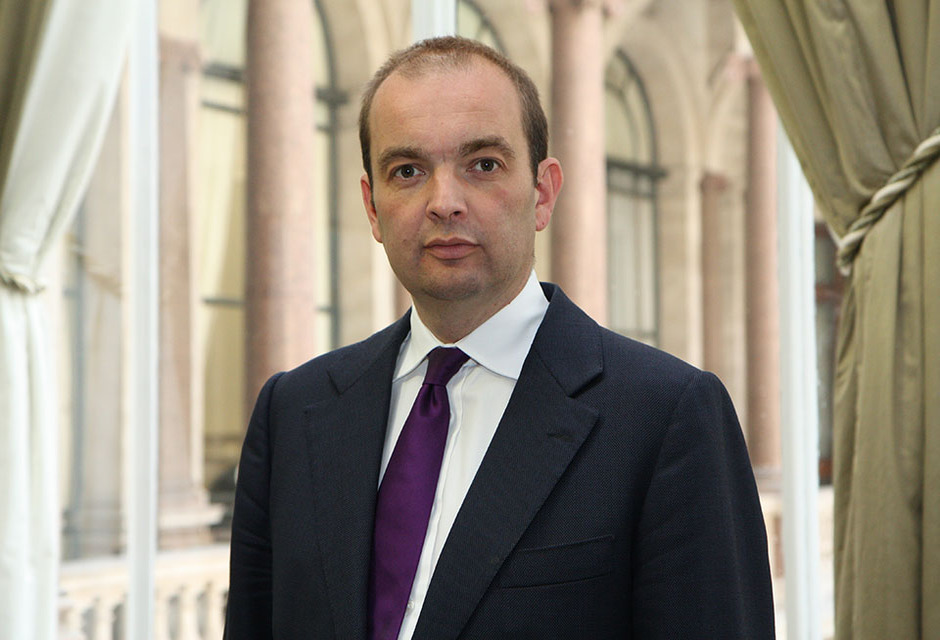International Ministers discuss a new Coalition for the Sahel
International initiative to support the security, political and development efforts in the Sahel region.

The speech below was delivered by Africa Minister James Duddridge on Friday 12 June at a virtual meeting of international Ministers to discuss the new Coalition for the Sahel – an international initiative to support the security, political and development efforts in the region.
The Sahel region is vulnerable to insecurity and drought, and encompasses Mauritania, Mali, Burkina Faso, Niger and Chad.
Speech
It is excellent to be with you to welcome the Coalition for the Sahel.
I am delighted that, today, the UK Minister for the Armed Forces, James Heappey, announced the extension of the UK’s deployment of three Chinook helicopters to Operation Barkhane. As you know, the UK is also deploying 250 troops to MINUSMA later this year.
Beyond our security contributions, the UK is also the third largest humanitarian donor to the region and has provided over £500 million in bilateral development and humanitarian assistance since 2015.
This support continues to grow. A significant part of our £764 million contribution to the global COVID-19 effort will be channelled to the region.
And I’m delighted that the UK has just disbursed £10.5 million of funding to Education Cannot Wait, for use in the Sahel. This money, which delivers on Prime Minister Boris Johnson’s commitment at last year’s G7 meeting, will be fast-tracked to help children access education in Mali, Niger and Burkina Faso.
The establishment of the Sahel Coalition is a positive step that the UK welcomes. I would like to highlight three ways in which the Coalition can support progress in the region.
First, it provides an opportunity for us to develop a joint vision for tackling instability and driving forward development in the region. This will increase coherence and allow us to hold each other to account on our commitments.
Second, it will help us to focus on tackling the drivers of instability. I saw the potential for joint work to address these issues when I visited Mali in 2016 and saw international efforts to build Malian security capacity and, more recently, when I was in Nouakchott in February for the G5 and Sahel Alliance meetings. I am pleased to see that the Coalition’s structures reinforce the principle of ownership from those in the region.
Third, the Coalition provides a timely opportunity to make sure that respect for humanitarian principles and human rights law are woven into every aspect of our activity. We welcome that this is reflected in the Coalition’s terms of reference. Humanitarian actors must be able to access those most in need, through a neutral, needs-based response.
We welcome the role the Coalition will play in the Sahel and look forward to contributing to its important work.
Thank you.
General media queries (24 hours)
Email [email protected]
Telephone 020 7023 0600
If you have an urgent media query, please email the DFID Media Team on [email protected] in the first instance and we will respond as soon as possible.